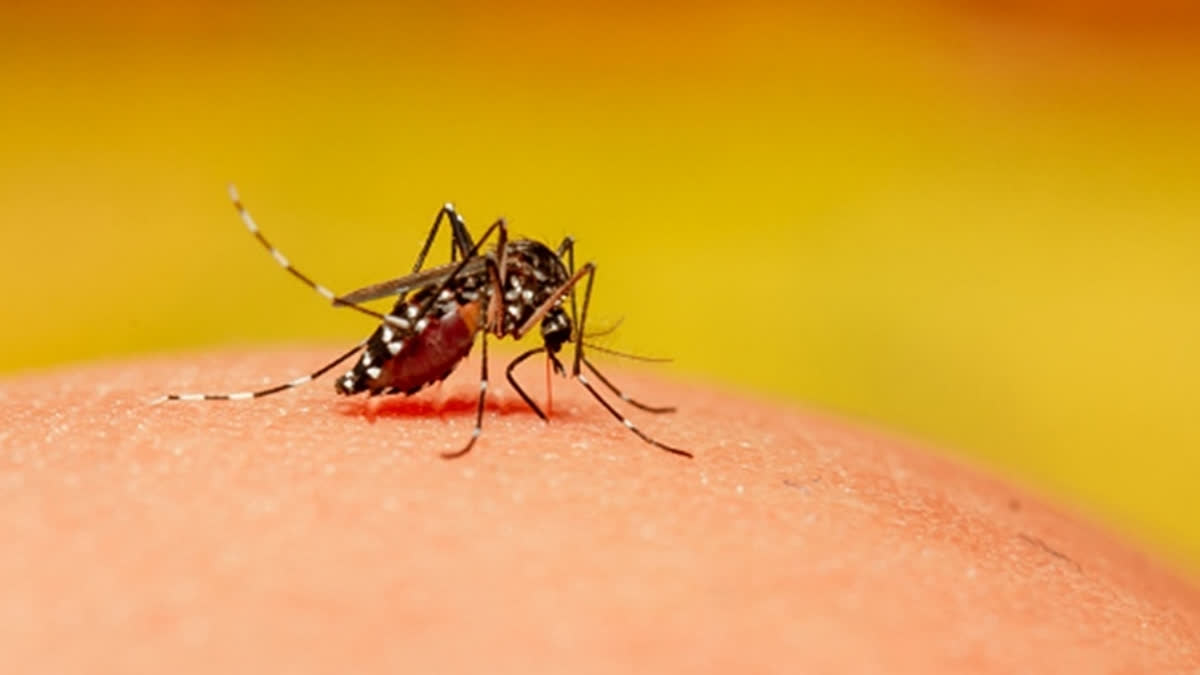New York: Certain scents of body soaps could alter the scent profile of humans to make them more or less attractive to mosquitoes, claims a study. The findings, published in the journal iScience, showed that mosquitoes, when not feeding on blood, supplement their sugar intake with plant nectar. In other words, the flowery, fruity smells of scented soaps on humans may increase or decrease attractiveness to mosquitoes.
"Just by changing soap scents, someone who already attracts mosquitoes at a higher-than-average rate could further amplify or decrease that attraction," said Clement Vinauger, Assistant Professor of biochemistry at Virginia Tech, formally Virginia Polytechnic Institute and State University in the US. The connection between soap and mosquito attractiveness was studied through four volunteers. The team studied the unique scent profile of each individual, unwashed and washed with each Dial, Dove, Native, and Simple Truth soaps.
According to Vinauger, more than 60 per cent of what is smelled after washing comes from soap, rather than natural body odours. "The other aspect is that it's not simply adding stuff to our body odour, but it's also replacing some chemicals while eliminating others that are washed away," Vinauger said. "So we think there is a lot of chemical interaction between our natural chemicals and soap chemicals."
Also read: Air pollution may lead to brain inflammation after stroke: Study
To test the interactions between smell, the researchers released mosquitoes in a meshed cage that had two cups containing odour extracts and gave them a choice - unwashed scents gathered from the individuals along with their washed scents. These were gathered from a nylon sleeve on the forearm with the body in both washed and unwashed states. Tests were repeated for the various combinations of scents. "This way we can really measure and quantify the effect of the soap in terms of increasing or decreasing the attractiveness of the individual," Vinauger said. "That's where we found that not all soaps have the same effect on all volunteers."
In terms of fragrance preferences, three of the four soaps increased mosquito attractiveness while one decreased. All of the soaps had a fruity or flowery scent. The one that decreased attractiveness was coconut scented, raising the potential for using coconut-scented soaps to reduce attractiveness to mosquitoes.
"That was very interesting for us because there is other evidence in the literature that elevating certain fatty acids, such as those found in coconut oil derivatives, could serve as a repellents for mosquitoes and other insects," Vinauger said, who plans to expand the study to deodorants, laundry detergents, and other scented products. (IANS)
(This story has not been edited by ETV Bharat and is auto-generated from a syndicated feed.)



